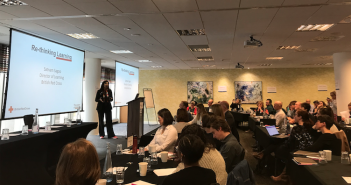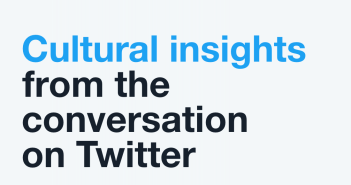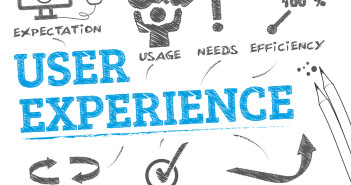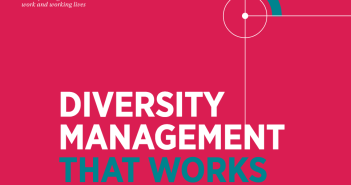
“L&D can’t hold the responsibility for the expectations around learning” – a review of the Charity Learning Consortium conference 2019
Editor’s note: Our review of the Charity learning Consortium Conference, held in London on 14 November 2019.

Editor’s note: Our review of the Charity learning Consortium Conference, held in London on 14 November 2019.

Editor’s note: Here are eight research-backed approaches to improving diversity and inclusion in your organisation.

Editor’s note: What are the many contradictions of living with autism? Comedian Hannah Gadsby reveals all.

Editor’s note: We need cues and rewards to break habits. We also need new habits to replace old ones. Some useful insights here on behaviour change.

Editor’s note: This research report is based on a literature review of studies into what older workers value about work. There aren’t many surprises here – that older workers want what other workers want – and that there need to be adjustments for factors such as deteriorating health. That said, it is good to see the research focus on this growing cohort of the working population.

Editor’s note: Some great insights here on the lecture format. This line sums up the message here: “Higher Education values research over teaching, yet studiously ignores the research around teaching.”

Editor’s note: It’s interesting to see what topics are driving the conversation on Twitter. Here Twitter shares the six topics that are in the ascendancy.

Editor’s note: Mapping the user journey for a product, service or learning experience helps design solutions that will be used and that will be useful for the end user. The process requires learning teams to put users at the heart of the design process so that what’s created is focused on meeting the needs of your users. [Thanks to Jane Bozarth for sharing this article]

Editor’s note: For those of us still left working in offices there is much that can be done to create environments that are conducive to doing good work. This article shares some pointers. [Thankyou to Andy Lancaster for sharing this article].

Editor’s note: I really don’t like the term ‘power skills’ used in this article. That said, analyst Josh Bersin makes some good points (supported by research) about organisations’ need to be able to think differently about developing ‘soft skills’. Interestingly, he suggests that simply shovelling digital soft skills resources into a learning management system won’t cut it for employees.

Editor’s note: In this article, a group of 24 researchers outline the steps we can all take to make better informed decisions. This list can inform your own practice as well as underpinning how knowledge and information is used within your organisation.

Editor’s note: This is a great read on the factors influencing how we process information. There’s a simple message here if you work in L&D: try and focus on information that can be processed easily (unless your aim is to make it more effortful to process specific information!).

Editor’s note: This report from the Chartered Institute of Personnel and Development provides evidence-backed approaches for managing diversity in the workplace. There are lots of practical tips here.

Editor’s note: Here’s an interesting study that looks at neuromyths in the higher education sector. The study also looks at the evidence-based practices for teaching and learning that higher education learning professionals are aware of. The long and the short of it is that even in a sector that should be able to spot a myth, neuromyths still abound.

Editor’s note: This latest research report from Towards Maturity takes a look at how organisations are reskilling and upskilling their employees. It also looks at the types of skills that organisations believe are ‘essential’ for learning practitioners.
